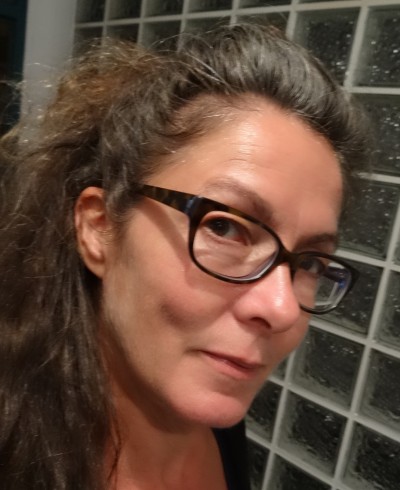Develop students’ public performance skills to help them across the curriculum and beyond

You may think they’re a bit too keen on ‘performing’ already, but developing the skills needed to present themselves publicly can benefit students in school and after, says Nikky Smedley

- by Nikky Smedley
- Writer, educator, consultant and former LaaLaa from Teletubbies Visit website

More than ever before, our young people are growing up in a world where they are expected to offer up myriad aspects of their lives for scrutiny amongst both their peers, and the public at large. The pressures laid upon them by social media have been much discussed and documented, but from an ex-actress’s point of view, I see young people being asked to cope with some of the strains put upon professional performers, with virtually no training or experience.
Our children are expected to have a strongly developed sense of self that they are able to portray and communicate to others, when they have had very little opportunity to explore or practise presenting themselves with truth and clarity.
This is where the use of performance in schools can be hugely useful, over and above its educational value.
A show of understanding
It might be argued that we are merely talking about a set of soft skills that is hard to prioritise in the face of the many pressures of curriculum delivery. It does take a lot of time and effort from all involved to create an extracurricular production for example; however, the benefits are manifold.
I have often worked with teaching staff to ensure that the creation of a school show not only benefits the students in terms of increased confidence, ability to work in a team, planning skills and so forth, but can also fill in a few gaps for some (and for others deeply embed) aspects of the curriculum. There are opportunities here to work in a cross-disciplinarian fashion, involving not just the more obvious areas of English and music but also including:
- History: When is it set?
- Geography: Where is it set?
- MFL: There may be an international aspect.
- D&T/art : Set and costume / lighting and sound / publicity.
- Media: Promotion and marketing of the event.
- PE: Warm-ups, training and physical exercises.
If you really want to embrace the challenge, why not put aside one week during which everyone’s efforts (perhaps across a year group) are put towards creating a performance, starting from nothing on Monday morning, but which will be shared on Friday afternoon? This is, of course, very like many of the challenges that will meet our young people in the real world, and as described above, with careful choice of play you can use the project to cement some of the material they need to grasp for future assessment.
Hand over control
Regardless of what we need our children to achieve in their school careers (a radical thought!) incorporating performance into classes can bring about positive results that will stay with those young people for the rest of their lives.
It doesn’t have to be complex – all that it takes to integrate a sense of performance into any classroom, for any subject, is to frame someone’s contribution with the import of something publicly staged. You have many modes at your disposal: music; acting; puppetry; spoken word and even dance or movement.
Expectation is widely acknowledged as a key factor for achievement; your students will rise to the occasion of being ‘on show’ if they feel that you believe in their abilities – and what a boost to their self-confidence when they achieve what they set out to do and can enjoy the enthusiastic applause.
It’s unfair to expect everyone who is working as a secondary teacher to feel comfortable with performing, but you know what? It doesn’t matter. You don’t have feel that you are good at performing in any way, your insecurities are not important. You only need to provide the platform for your young people, and they will do the work for you – and more importantly, for themselves.
In fact, part of the secret of making methods such as incorporating performance skills work, is that to a certain degree, you have to relinquish control. Once you ask your children to act out their interpretation of what you are trying to teach them, you have no say over what they might present to you. Your role then becomes that of the audience, of a particularly acute observer or critic, so that you may give them useful feedback. You will also enhance your own knowledge of exactly where their understanding lies.
5 ways any teacher can encourage a performance
- The bottom line is that we want to support our children to find their own character, their own voice in the world. Give your young people as many chances as possible to put themselves on the line and perform in front of their peers and they will learn more about who they are than in almost any other circumstance.
- There’s nothing more effective to expose what a person knows about a thing than to have them explain it to others. Let your learners take over as teacher occasionally – it will be really telling for them, and for you, as to how much they have actually taken in.
- Many of the processes used in theatre and TV can be useful transferable skills. Once your young people have learned how to produce their own performance, they will learn the value of scripting out and rehearsing significant events in real life – job interviews, important phone calls and so forth.
- Similarly, the things that work on a stage are the things that work in real life. Communication skills, how to hold attention, effective body language and a strong voice. These are learned more powerfully through the exposure of practising them in front of an audience.
- Be playful, and allow your students to be playful with performance. Especially if you’re trying to get across a particularly weighty subject, ask your class how they would turn the information into a piece of entertainment.
Nikky Smedley is a writer, storyteller and public speaker (howtospeakchild.com). Click here to watch her TED talk Play.Laugh.Shut Up.










